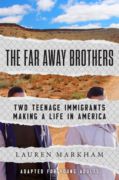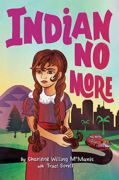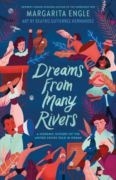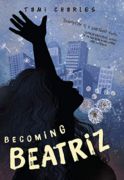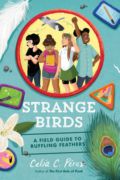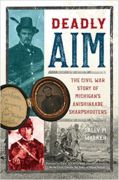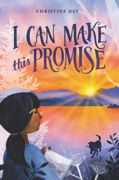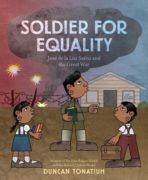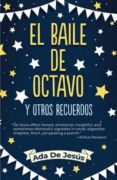
Eleven-year-old Ada De Jesús was on the cusp of her teens when she moved to the United States from Puerto Rico. Hurricane Hugo had just decimated the island and her father couldn’t find a job. In Chicago, the white dress she arrived in didn’t protect her from the snow and frigid temperatures! Constantly exposed to new things, she developed a resilience that served her well. “From one place to another, like riding a bike, if you keep pedaling, you won’t fall.” Ada discovered that students in the United States were frequently disrespectful to their teachers. At school she often felt like a two-year-old as she grappled with a completely new language. In addition to navigating a different culture, she had to deal with all the issues familiar to teenage girls: the growth of body hair, pimples, menstruation and burgeoning feelings for the opposite sex. Her memories of first intimate encounters, fending off unwanted advances and fear of pregnancy will strike a chord with readers. In these short vignettes recollecting her middle-school years, Ada De Jesús shares her poignant and often funny experiences as a newcomer and an adolescent. Young readers will relate to—and laugh at—her experiences; some may take heart that they too will overcome the difficulties common at this age.

